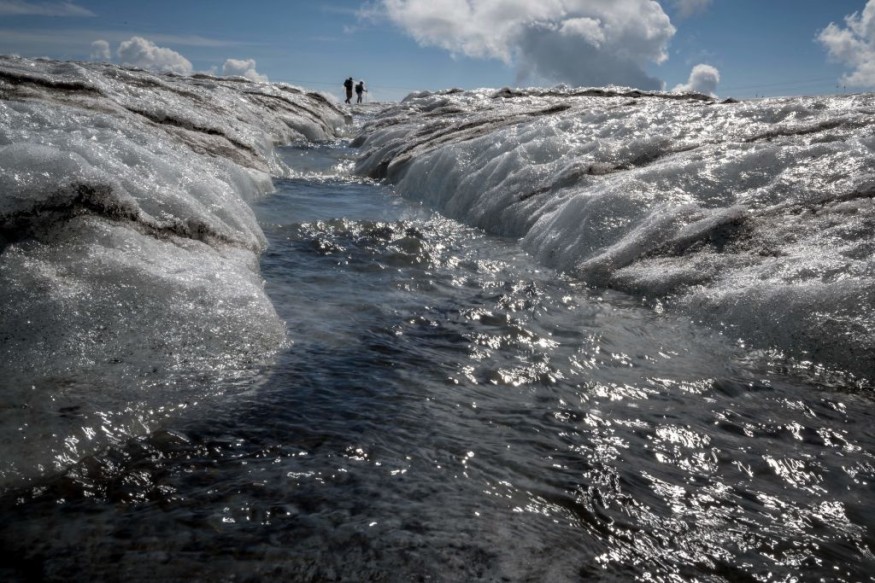Climate change remains a pressing environmental issue that scientists have warned for many years. Even after two decades of the 21st century, the narrative of an ongoing climate crisis is still alive and hints a threat about the reality of a warming planet and changing climate patterns. These alterations to Earth's climate and global temperature leads to extreme weather events.
In previous studies, evidence of climate change includes rapid glacier melt, intensifying storms, worsening heatwaves and droughts, and global sea level rise. The overwhelming impact of the climate emergency is the scientific community's blame on human activities, such as greenhouse gas emissions and fossil fuel burning, for accelerating the greenhouse effect where the gases trap solar heat in the atmosphere.
Amid the evidence provided by climate scientists, there are still non-believers of the existence of the current climate crisis. While the United Nations (UN) and some of its member states have pledged to take action, climate change deniers only add strain to the climate change debate. One of the main arguments of the so-called 'doubters' is that scientists provide unrealistic and exaggerated climate models.
What is Climate Change?

Climate change is a phenomenon which pertains to long-term shifts in weather patterns and temperatures. These alterations were initially natural such as variations in the solar cycle. However since the 1800s, human activities have been the main cause of climate change, primarily due to the burning of coal, oil, and gas, which produced the heat-trapping gases, according to the UN.
The evident existence of climate change has been provided by various research which used different climate models, with a majority predicting that extreme weather events like heat waves, droughts, and storms could further intensify by the years 2030, 2050, and 2100.
To address this issue, the UN-led 2015 Paris Agreement requests member states to cut greenhouse gas emissions in order to fulfill the objectives of the Paris Treaty of reducing the global temperature to at least 1.5 degrees Celsius.
Moreover, the UN Intergovernmental Panel on Climate Change said the world is unable to complete remove all emissions, which means that reaching net zero emissions requires removing carbon dioxide from the atmosphere through both natural and mechanical means, as cited by Phys.org.
Climate Change Deniers
According to the UN, even if as high as 97% percent of climate scientists collectively agree that climate change is happening, and assert that it is extremely likely because of human activity, many Americans disagree. Some people from other countries around the world also share the same sentiment, claiming climate change has no basis.
As a means to inform or educate the doubters, the National Education Association (NEA) outlines its recommendations to end the climate change debate:
- Stop the debate.
- Data is not always the answer.
- Take a local approach.
- Make it fun.
- Get some help.
The NEA generally suggests that holistic approach without only relying on numeric data should be applied to climate change deniers, who reportedly are also denying science itself.
Related Article: Climate Change 'Deniers' Are Becoming More Influential, Experts Say
© 2025 NatureWorldNews.com All rights reserved. Do not reproduce without permission.





